
Novelist, poet and journalist George Eliot once said, “It is never too late to be what you might have been.” Her statement speaks volumes about personal brand and our ability to influence not only who we are, but also the perceptions about us. Consultant and author Ron Ashkenas agrees, “We have the power to determine and control our own reputation, whether through our actions at the workplace or through what we decide to Tweet. We are able to create our own sense of distinctiveness, trust and confidence” (2010).
Frequently, I counsel clients, colleagues and students that there is one central aspect about personal brand to be conscious of: “Every interaction is an opportunity” — whether it is in person, with the people we work, lead or support, or on our social media channels, through photos, video or 140 characters. We control that.
Our interactions and how people view us is even more profound for women focused on moving ahead in their careers, into higher-level positions and potentially the C-Suite. According to a 2017 study by McKinsey, women experience a workplace skewed in favor of men. In fact, a recent study by the Pew Research Center (2018) finds that despite the advances women have made in the workplace, they only account for a small percentage of top leadership jobs. That’s true in the fields of politics, government, academia, the nonprofit sector – and particularly business (Desilver, D. 2018).
This year, I conducted a survey among women leaders focused on specific aspects of personal brand and its connection to leadership success. More than three hundred women leaders were surveyed, and respondents were at various levels and stages in their careers, types of organizations they worked for and a range of ages and tenure. Each respondent was asked a series of questions regarding personal brand and their view of themselves and its relative importance to women’s leadership success.
Based on the findings of this research, women leaders overwhelmingly agree that having a personal brand plan is an important strategy to support and advance their leadership success, and it could be an important differentiator in their success as compared with their male counterparts.
The findings indicate that 94 percent of respondents said personal brand is either very important (60 percent) or important (34 percent). Eighty-two percent said that women would be more successful leaders if they had a personal brand plan. However, the majority (55 percent) do not have a personal brand plan. As far as envisioning their future, nearly 75 percent do not have a personal brand vision statement for themselves. Despite their lack of a vision statement, the majority (nearly 60 percent) said that it was more important for a women’s leadership success than for a man’s success to have a plan. While most do not have a personal brand plan, the majority frequently think about their personal brands (60 percent). In short, they think it is important, but most do not formalize a strategy in support of it.
One respondent commented, “Women are less apt to advocate for themselves than men. Many feel that if they keep their heads down and work hard, the rewards will just come. That’s not how it works!” Another respondent voiced the need for greater connection with other women and more formalized programs, “I believe we need to address the significance and urgency of personal brands for women’s leadership success. Whether it is through conferences, publications, public talks and media / public relations. It is vital that female thought leaders address the issue and support other aspiring women leaders and create greater awareness and solidarity on the value and urgency of a personal brand strategy.”
When asked what one professional trait has been most useful to advance their leadership, women rated trust as their number one trait. This was followed by their ability to work hard and get things done, ability to work well and collaborate with others, followed by their strategic capabilities. Compassion and caring were high on the list. When rating the three most important professional traits they wanted to be associated with their personal brand, in priority, they were integrity, being strategic, professional skill set and competency. Collaborative, driven and creative were also high on the list.

When asked which trait has been an impediment to their success, the results provide a wide array of answers. Women leaders frequently cited their “lacking” in some area, whether it was lacking confidence, emotional intelligence, decisiveness or patience. Many cited that addressing conflict, whether they actively took it on or their unwillingness to do so, was a factor that got in their way. Additionally, many cited they took on too much work and had an inability to turn down work when already overburdened. A common theme was an inability to address criticism they received from others. Some cited work-life balance issues, and not being able to commit to what they perceived was the required amount of time needed to do the job effectively.
Responses to the question, “What three values do you want associated with your brand?” were similar to the professional traits they sought to be known for: integrity, honesty and trust. Being a caring person was frequently cited, along with collaboration, empathy and strong work ethic.
Susan Finco, founder of Leonard and Finco Public Relations, Inc. and an Executive Committee Board member of the Green Bay Packers knows the value of having a personal brand plan. She counsels many young, aspiring women professionals on the road to leadership success. She summed it up, “Women need to strategically and intentionally develop their brands and decide who they are, what they stand for and where they are headed.”
The survey results underscore the importance of women, whether they are leaders or working towards that goal, having a well thought through personal brand plan. Such a plan provides women with a roadmap to navigate their career and what they need to do to build on their success. And, just as brands must do, personal brands must be continually evaluated and even potentially modified to avoid obsolescence and ensure relevance and authenticity. This process and reflection is lifelong.
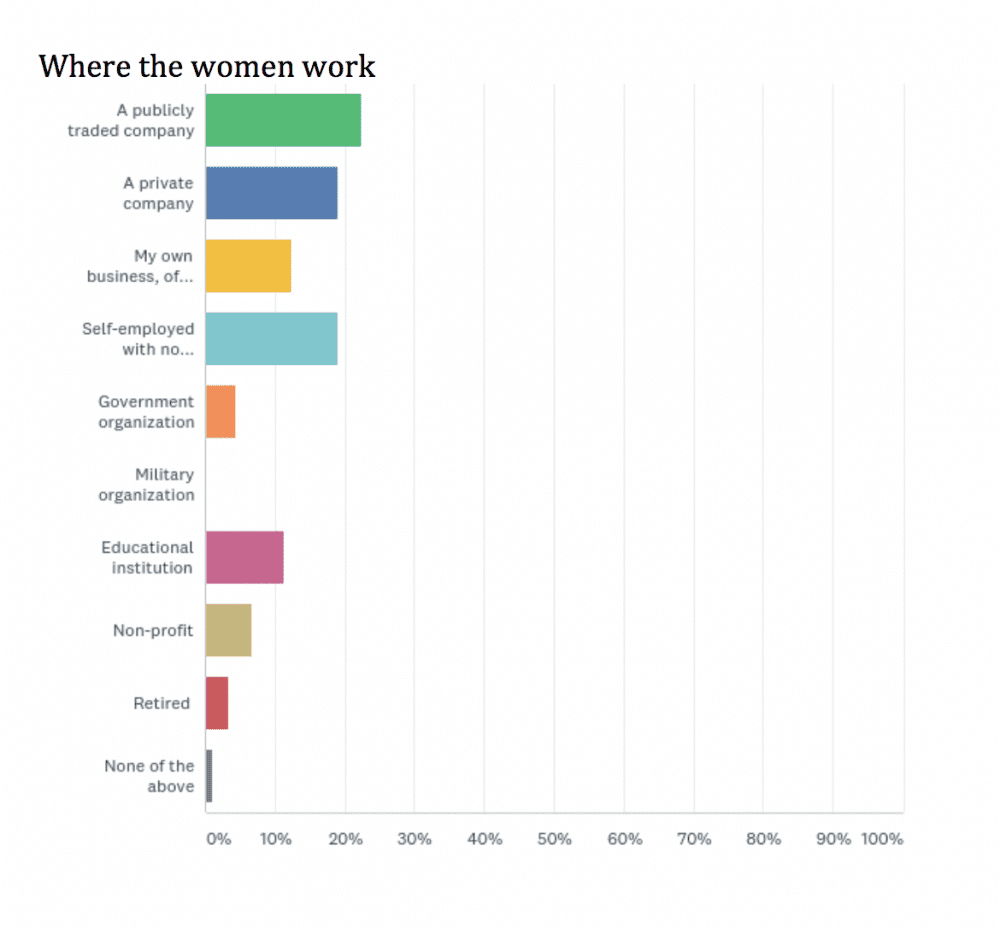
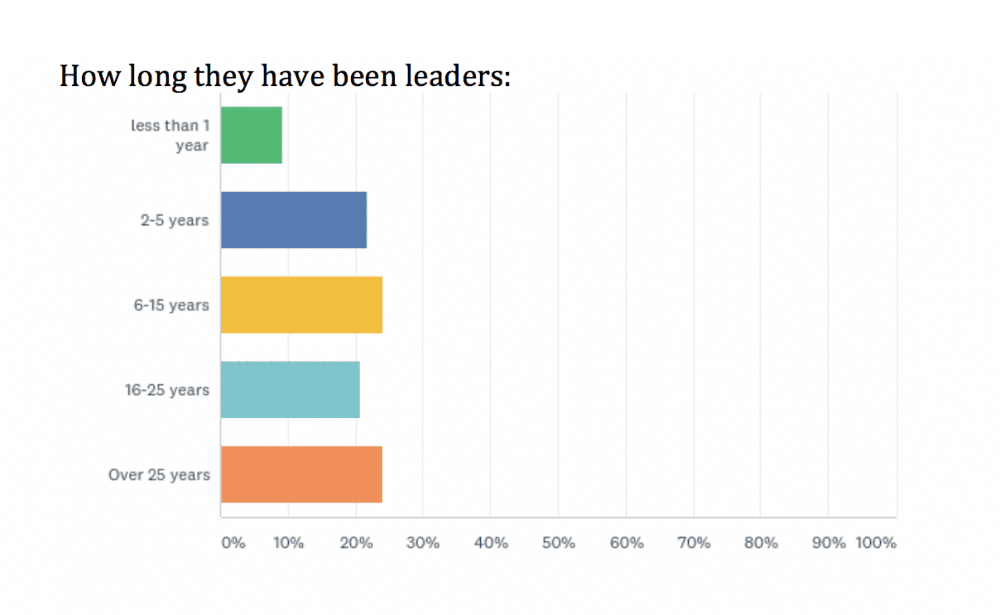
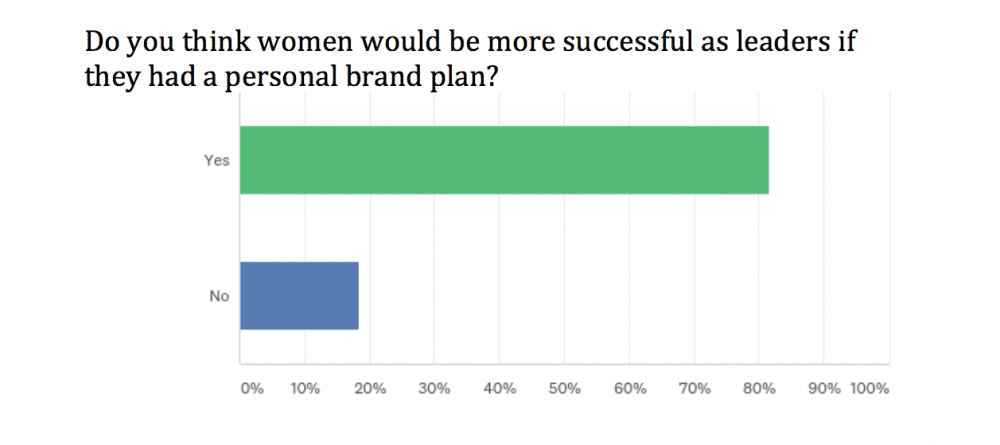
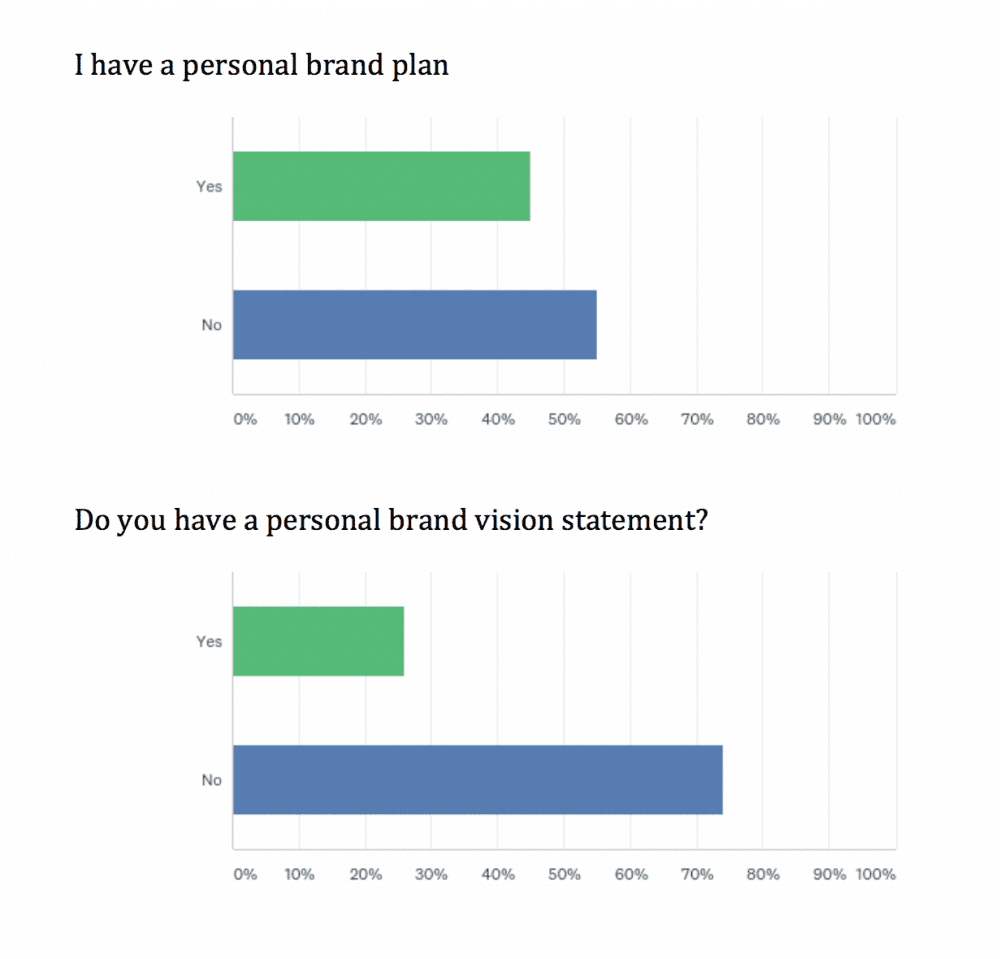
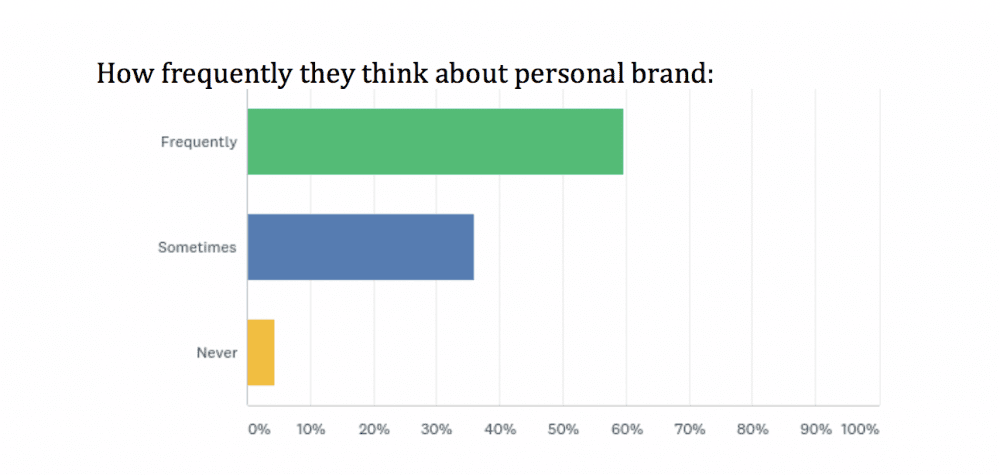
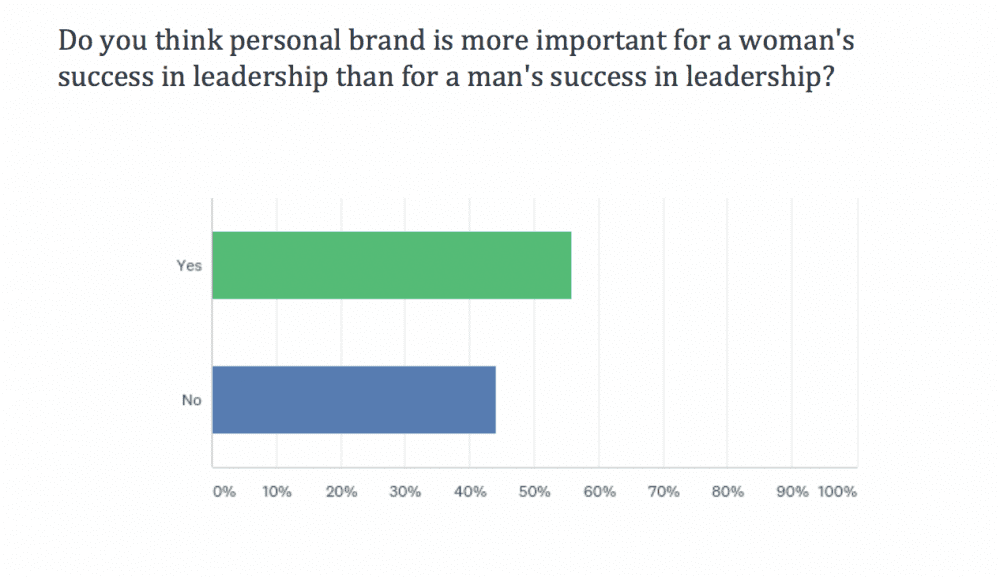
![]()
 Jacqueline Strayer is a faculty member in graduate programs at NYU and Columbia, a consultant and writer. She formerly served as the CCO of three global publicly traded companies. You can follow her @jfstrayer or reach her at jfs2002@nyu.edu
Jacqueline Strayer is a faculty member in graduate programs at NYU and Columbia, a consultant and writer. She formerly served as the CCO of three global publicly traded companies. You can follow her @jfstrayer or reach her at jfs2002@nyu.edu
References
Ashkenas, Ron. (2010) “Define your personal brand with simple questions”. Harvard Business Review.
Desilver, D. (2018) “Women scare in the top jobs in U.S. business- and the jobs that lead there”. Pew Research Center
Krivkovich, A., Robinson, K., Starikova, I., Yee, L. (2017) “Women in the Workplace 2017”. McKinsey & Company.



